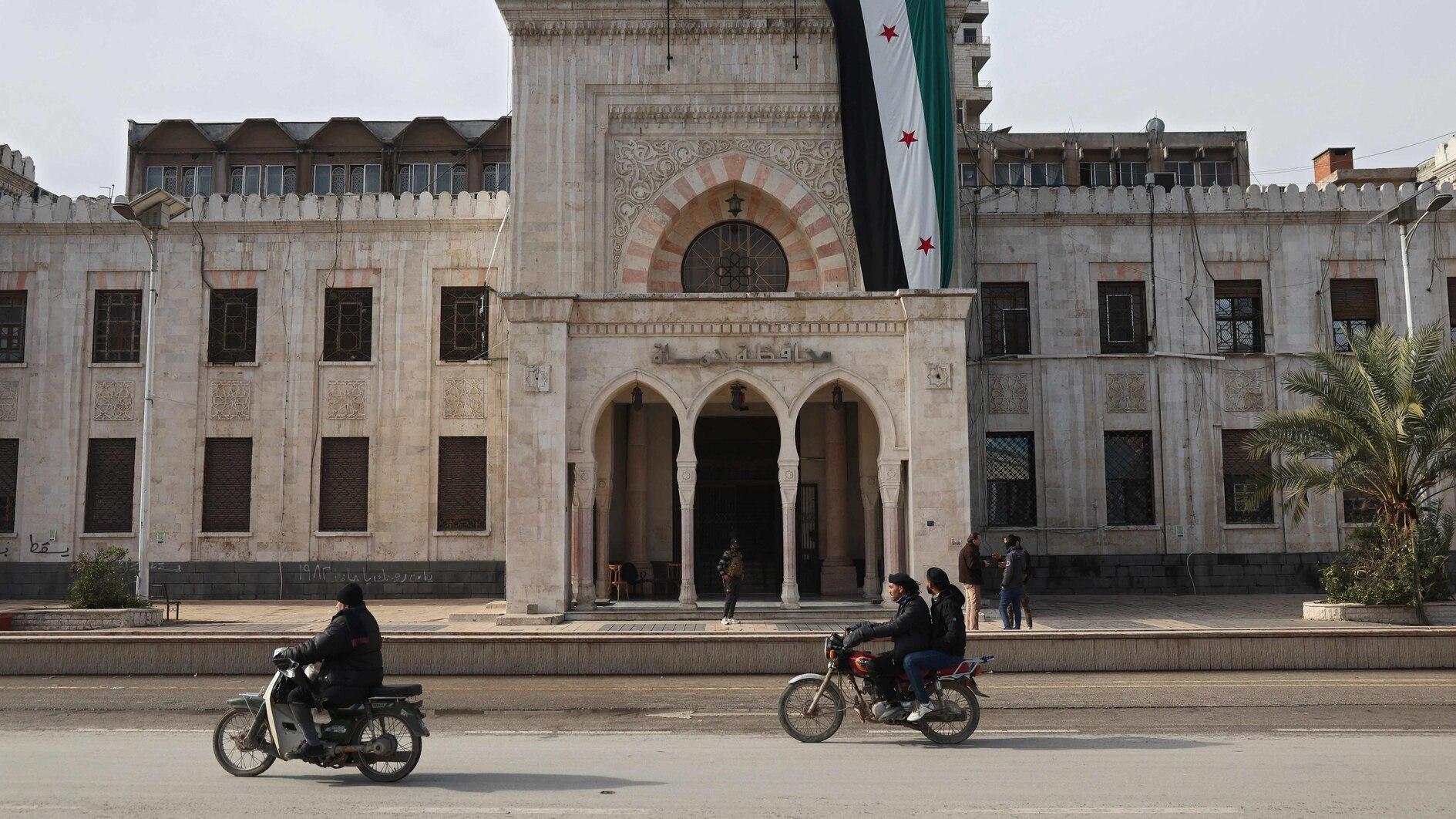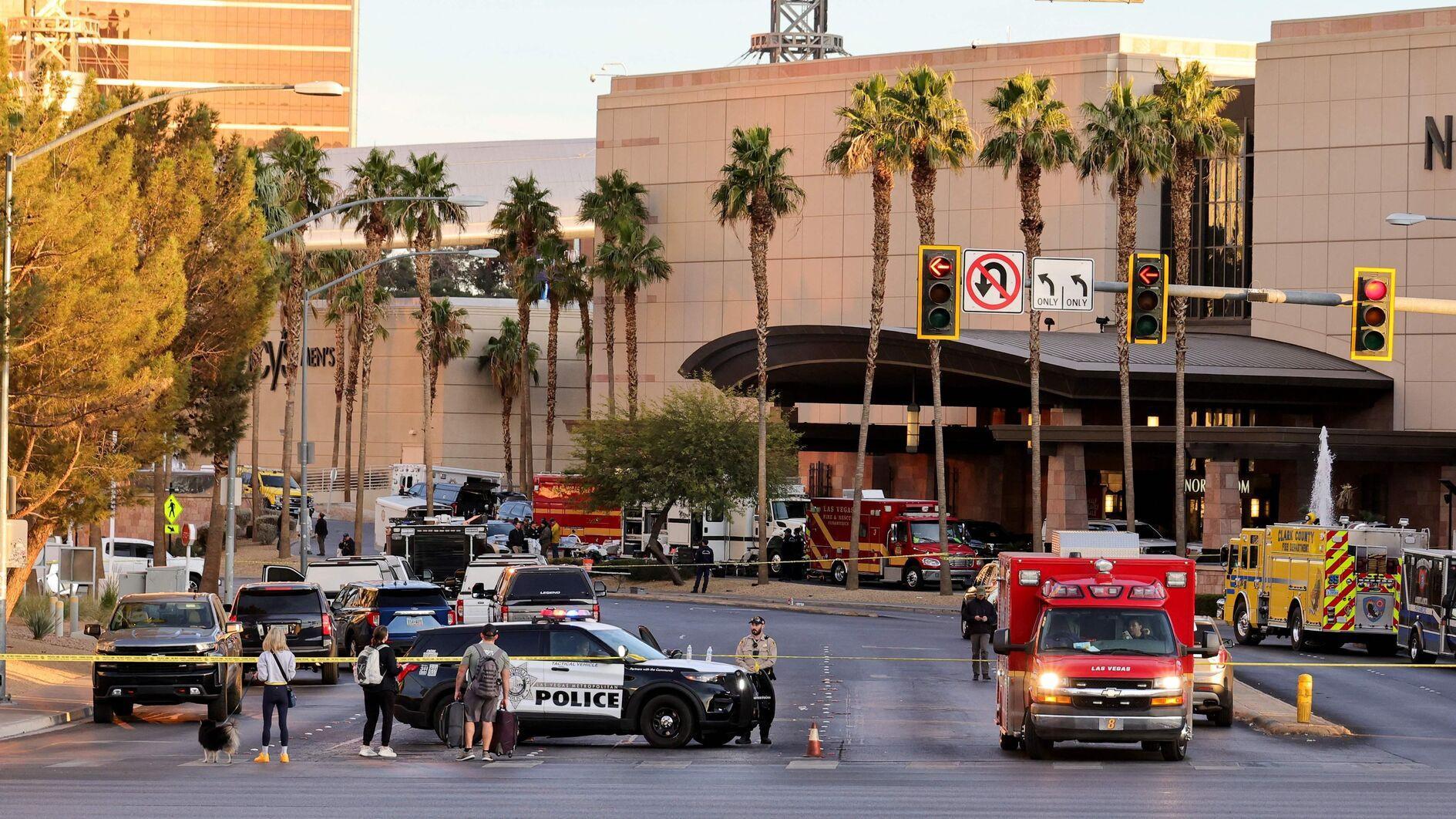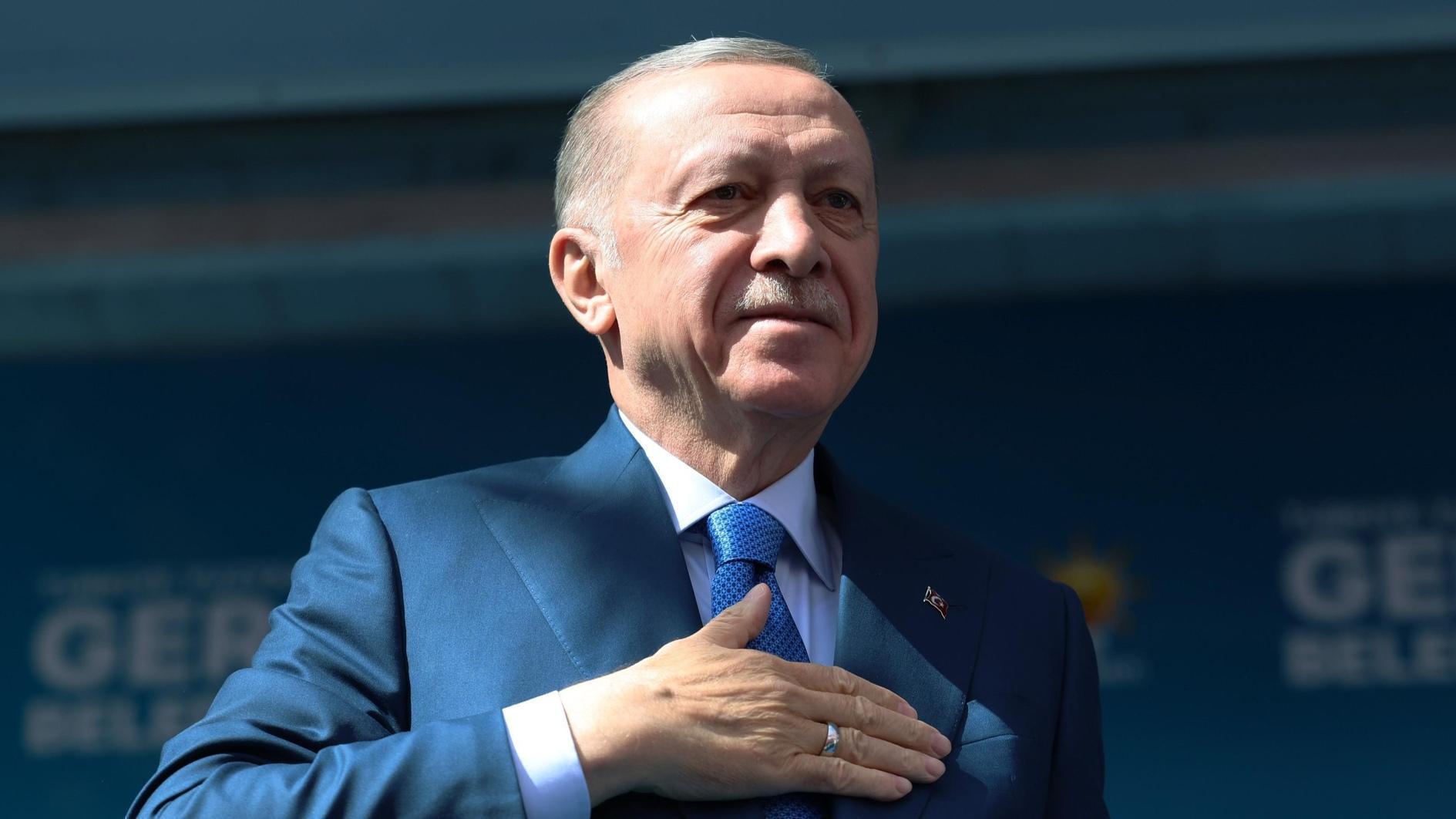Syria to hold conference to form national discourse, unity
DAMASCUS

Syria’s new administration is set to convene a national conference this week, aiming to foster discourse and dialogue on a multitude of pressing issues, ranging from constitutional reform to the dissolution of fractions, according to sources.
Scheduled for Jan. 4-5, the conference will see the participation of representatives of Syrian youth, women, religious figures, and civil society actors, the sources close to Syria’s new rulers told Syrian TV.
Approximately 1,200 Syrian individuals, both from within the country and the diaspora, have been invited to the conference.
Invitations have been extended to include 70-100 Syrians from each governorate, ensuring a comprehensive representation of all societal strata, the sources said.
Notably, the event is expected to oversee the disbandment of various factions, including Hayat Tahrir al-Sham (HTS), the Islamist group that led the opposition to Bashar al-Assad’s regime earlier this month.
From the proceedings of this national conference, a committee is anticipated to emerge, tasked with drafting a new constitution and establishing an advisory council to assist the interim president, comprising representatives from diverse factions selected on the basis of merit.
The sources disclosed that plans are underway to form a new government within a month following the conference.
In an interview with Al Arabiya on Dec. 29, Syria’s new ruler and HTS head Ahmed al-Sharaa also said that the group would be dissolved during the national dialogue conference, refraining, without providing further information on the gathering.
When asked about dissolving the group, Sharaa said, "Of course. A country cannot be run by the mentality of groups and militias."
Elections are expected to require up to four years and the drafting of a new constitution anticipated to take three years, he added.
Syria’s new leadership, associated with Islamic factions, has pledged to address concerns of inclusivity across religious and ethnic lines, promising a peaceful governance structure that represents all societal segments in the post-Assad era.
On Dec. 30, tribal and community representatives who had endorsed the nascent government convened in Damascus for the “National Assembly of Syrian Tribes.” The assembly brought together nearly 400 representatives from various ethnic and religious identities, including Arabs, Turkmens, Kurds, Circassians, Yazidis, Druze, Christians, Muslims and Syriacs, “whose combined populations constitute over half of Syria’s demographic fabric,” according to the head of the assembly.
Ukraine’s top diplomat in Damascus
In the meantime, diplomatic engagements with Damascus by foreign envoys continue, as Ukraine’s top diplomat met with Sharaa during an unannounced visit to the Syrian capital on Dec. 30.
"There will be strategic partnerships between us and Ukraine on the political, economic and social levels, and scientific partnerships," Syria's newly appointed foreign minister, Asaad Hassan al-Shibani, told Ukraine's Andrii Sybiha.
"Certainly the Syrian people and the Ukrainian people have the same experience and the same suffering that we endured over 14 years," he added,
















